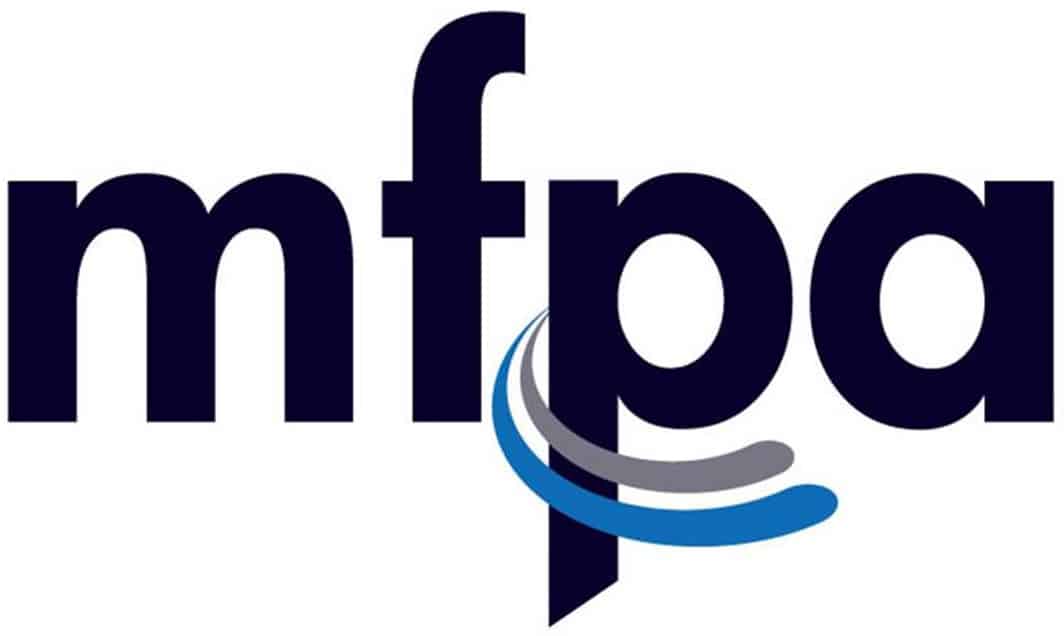
Working Groups Report
The SP4SE project partners, led by Confprofessioni, have finalised the working group report, a document that summarises the key recommendations emerging from the discussion and analysis activities conducted during the project. The work focused on the social protection needs of self-employed workers and professionals, a topic that has become central in light of the critical issues that emerged during the Covid-19 pandemic.
The recommendations are divided into three priority thematic areas:
Support during health emergencies, with proposals for administrative simplification, payment moratoria, income support and mental health protection;
Supplementary healthcare, focusing on accessibility, flexible insurance models, mental well-being and social dialogue;
Income support, with the aim of ensuring protection mechanisms in the event of business suspension or significant reduction in income, including professional development programmes.
The working groups saw the active participation of representatives of social partners and stakeholders from the professional world, who shared experiences and concrete proposals based on the evidence gathered during the project. The report identifies good practices at the national level and proposes transferable models to promote a more equitable, inclusive, and resilient social protection system, in line with Principle 12 of the European Pillar of Social Rights.
The document represents an important step forward in strengthening social dialogue and developing policies that are more responsive to the needs of self-employed professionals.




